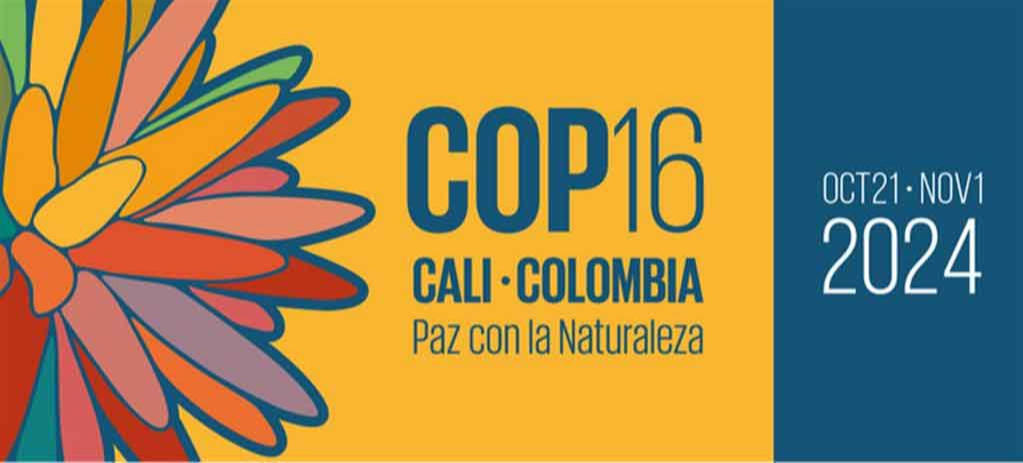
Cuba will present National Program on Biological Diversity at COP16
Havana, 23 oct (RHC) Cuba will present today the National Program on Biological Diversity, which outlines the objectives, goals, and priorities for the country in this field until 2030.
The presentation will take place at the Valle del Pacífico Event Center, in Colombia, where the United Nations Conference on Biodiversity (COP16) has been held since October 21. The program will be presented by managers and experts from the Ministry of Science, Technology, and Environment (CITMA).
According to Lourdes Coya, an environmental policy expert from CITMA, Cuba is one of the 26 countries that have fulfilled their commitment to present their national strategy or program for addressing biodiversity loss before COP16.
She also noted that the updated National Program on Biological Diversity (NDP) aligns with the Kunming-Montreal Global Biodiversity Framework, which was adopted during the previous COP. The NDP was approved by the Council of Ministers of the Republic of Cuba on July 24, with a projection until 2030.
The expert emphasized that the Cuban government has expressed its clear commitment to addressing the issue of biodiversity loss and fulfilling the commitments made within the framework of international agreements and processes.
She assured that the institutional, legislative, and programmatic support for Cuba's efforts in this area is rooted in the country's Constitution. The Constitution provides the foundation for various regulations, such as Law 150 on the System of Natural Resources and Environment, the National Environmental Strategy, and the State Plan to Confront Climate Change.
Regarding Cuba's vulnerability, she pointed out that the archipelago is part of one of 35 biodiversity hotspots on Earth, which are regions with exceptionally high concentrations of ecosystems and species. Cuba is home to the largest number of plant and vertebrate species in the Antilles, and hosts a high proportion of unique species.
Coya also highlighted that the loss of natural habitats due to various factors has led to the extinction and degradation of many plant and animal populations.
She warned that the insularity of Cuba, combined with the morphology of its coastlines, which are covered by 70% mangroves, 20% sandy beaches, and 10% rocky cliffs, increases the vulnerability to climate change. The high extent of coastline covered by low-lying and flood-prone areas makes the vulnerability to sea level rise extremely high.
COP16, which will take place until November 1, will bring together more than 190 delegations from around the world. (Source: Prensa Latina)

